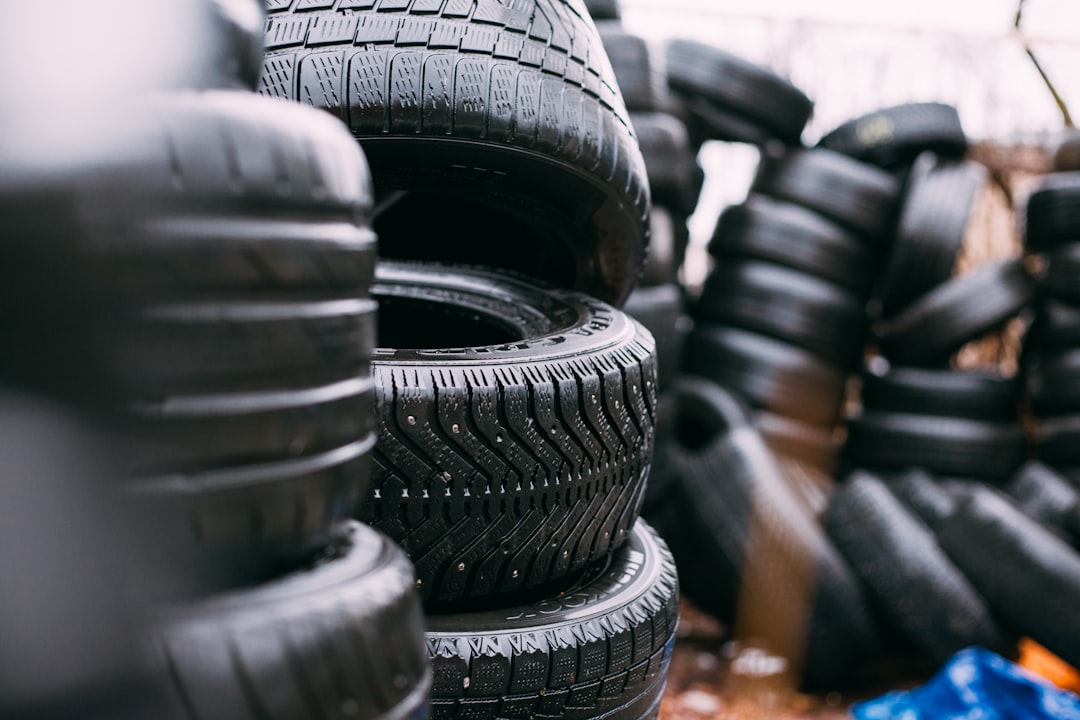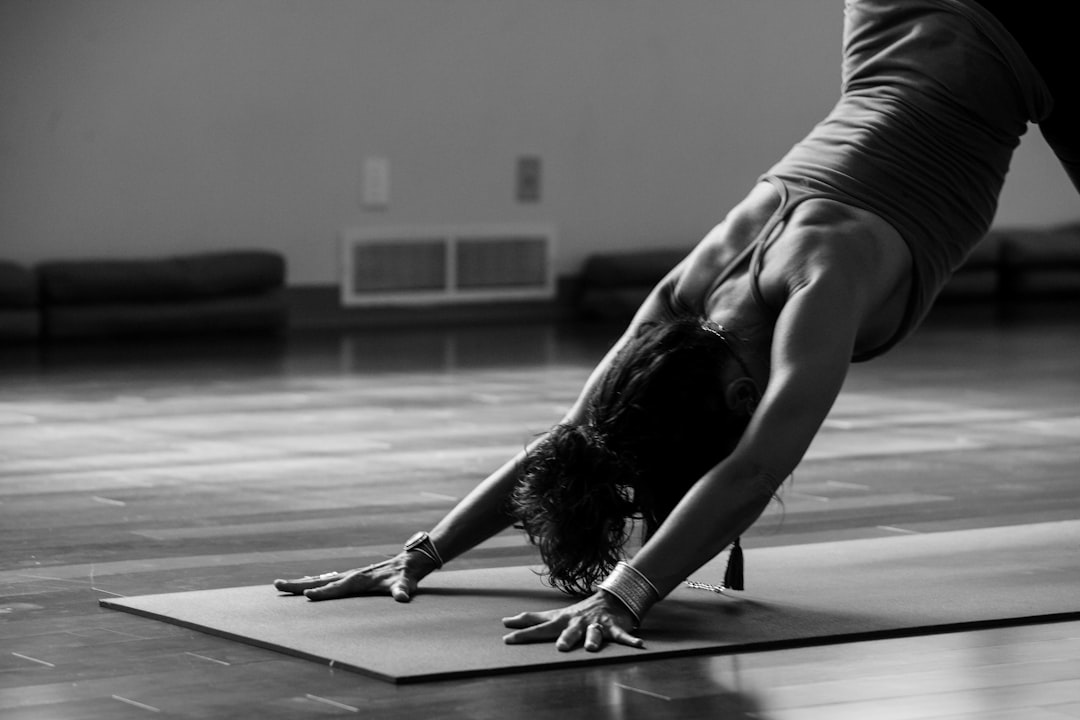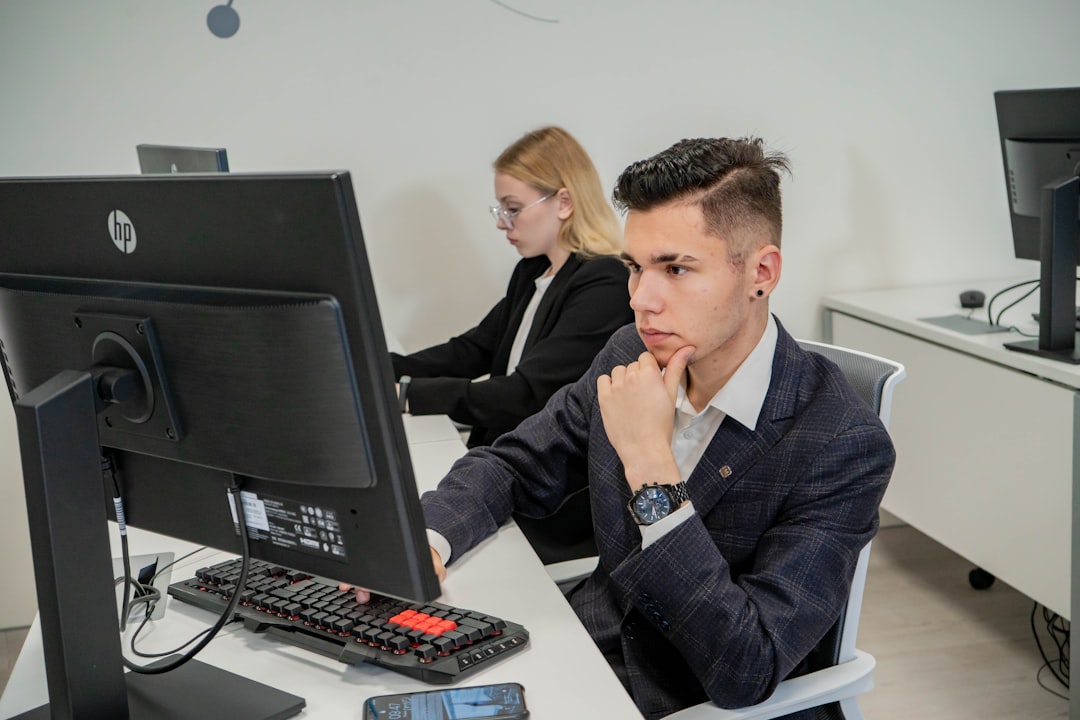In emergencies, every second counts. Medical first response is a crucial skill set that can make the difference between life and death. Whether it’s a car accident, a heart attack, or a natural disaster, being prepared to respond effectively can save lives. This article explores the importance of medical first response, the skills involved, and how individuals can get trained to be effective first responders.
### What is Medical First Response?
Medical first response refers to the initial care provided to a person experiencing a medical emergency. This response can be performed by anyone who is trained to recognize emergencies and provide basic medical assistance until professional help arrives. First responders include not only emergency medical technicians (EMTs) and paramedics but also bystanders who have undergone training in first aid and CPR (cardiopulmonary resuscitation).
### The Importance of Medical First Response
The role of a medical first responder is vital in any emergency situation. Quick action can stabilize a patient’s condition, prevent further injury, and increase the chances of recovery. For instance, in the case of cardiac arrest, every minute that passes without CPR reduces the chance of survival by 7-10%. Therefore, immediate intervention is essential.
Moreover, medical first response is not only limited to physical emergencies. It also encompasses psychological first aid, which can be crucial in situations where individuals are experiencing trauma or distress. Understanding how to provide emotional support can significantly impact a person’s recovery process.
### Essential Skills in Medical First Response
1. **Basic Life Support (BLS)**: This includes techniques such as chest compressions, rescue breaths, and the use of an automated external defibrillator (AED). BLS training is fundamental for anyone looking to become a medical first responder.
2. **First Aid**: Knowledge of how to treat minor injuries, control bleeding, and manage shock is crucial. First aid training teaches responders how to assess a situation and provide appropriate care.
3. **Communication Skills**: Being able to communicate effectively with both the patient and emergency services is essential. Clear communication can help ensure that the patient receives appropriate care quickly.
4. **Assessment Skills**: First responders must be able to assess the situation quickly and determine the best course of action. This includes evaluating the patient’s condition and identifying potential hazards in the environment.
5. **Teamwork**: In many emergencies, first responders work alongside other emergency personnel. Understanding how to work as part of a team is critical for effective response.
### Getting Trained in Medical First Response
Training in medical first response is accessible to everyone, not just those pursuing a career in healthcare. Many organizations offer courses in first aid and CPR, which can be completed in a few hours to a couple of days. These courses often include hands-on practice, enabling participants to gain confidence in their skills.
For those interested in more advanced training, programs that cover BLS and emergency response protocols are also available. Many community colleges and local organizations provide these training sessions, often at a low cost or even free.
Additionally, online resources are increasingly available for those who prefer self-paced learning. Websites like medical first response offer valuable information and resources for individuals looking to enhance their emergency response skills.
### Conclusion
Medical first response is an essential skill set that empowers individuals to act decisively in emergencies. By understanding the importance of quick intervention and acquiring the necessary skills, anyone can become a lifesaver. Whether through formal training or self-study, taking the initiative to learn about medical first response can help create a safer community. Remember, in an emergency, your knowledge and actions can make all the difference. For more information on how to get started, visit medical first response resources that can guide you on your journey to becoming a confident first responder.





